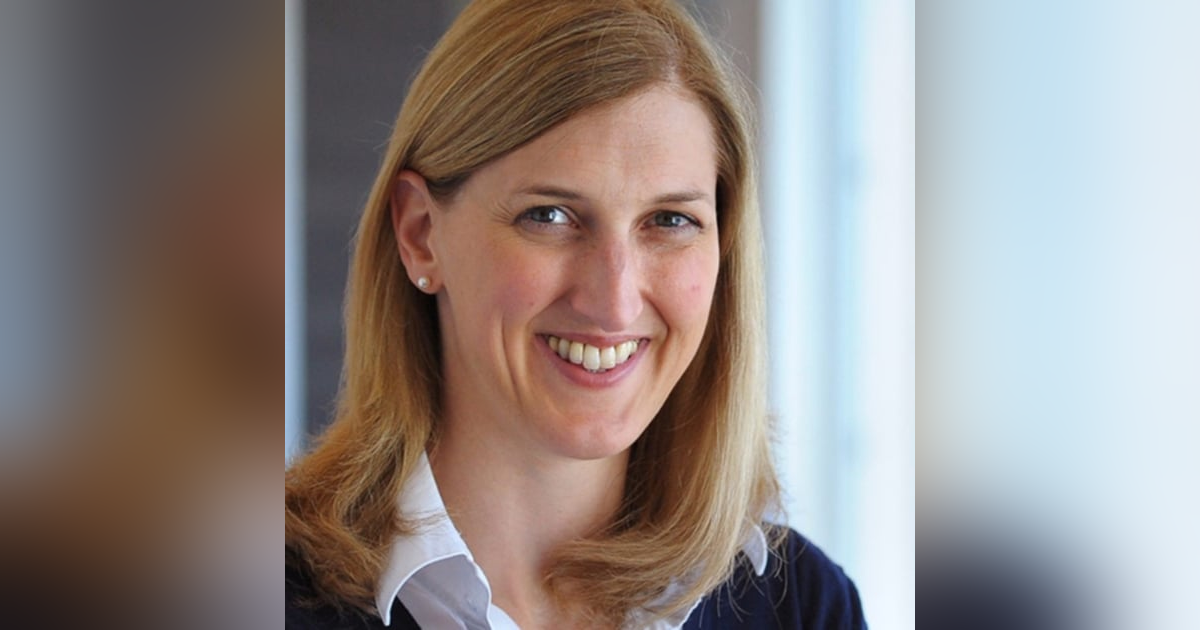#33: Seeing the full picture, with Victoria Johnson.

Victoria Johnson is a specialist veterinary radiologist and the founder and director of VetCt, a global leader in teleradiology and telemedicine. We dig deep into diagnostic imaging as a career choice: the how’s, the why’s and the why not's, and everything else you wanted to know about it. Victoria tells us her secrets to maintaining a healthy relationship when your significant other is not only a vet, but also your business’s partner - a situation that is not at all rare in our profession. And of course, I can never resist asking a fellow parent, especially a parent who is such an accomplished business owner, about how they balance parenting with caring for what Victoria calls ‘the other child’ - your business. We also get some pro tips from someone who’s been immersed in working remotely with teams over Zoom long before Covid forced the rest of onto video conferencing on how to successfully communicate remotely without losing the human touch.
Find out more about Victoria’s work at https://www.vet-ct.com/au/small-animal/telemedicine-diagnostics/.
For the show notes or to check out our guests’ favourite books, podcasts and everything else we talk about in the show, click on the webpage link on the episode page wherever you listen to us or visit the podcast website at https://thevetvault.com/. We love to hear from you.
If you have a question that you’d like us to answer with the help of our guests, leave us a voice message by going to our episode page on the anchor app (https://anchor.fm) and hitting the record button, via email at thevetvaultpodcast@gmail.com, or just catch up with us on Instagram. (https://www.instagram.com/thevetvault/) If you like what you heard please share the love by telling your friends and colleagues to check us out.






